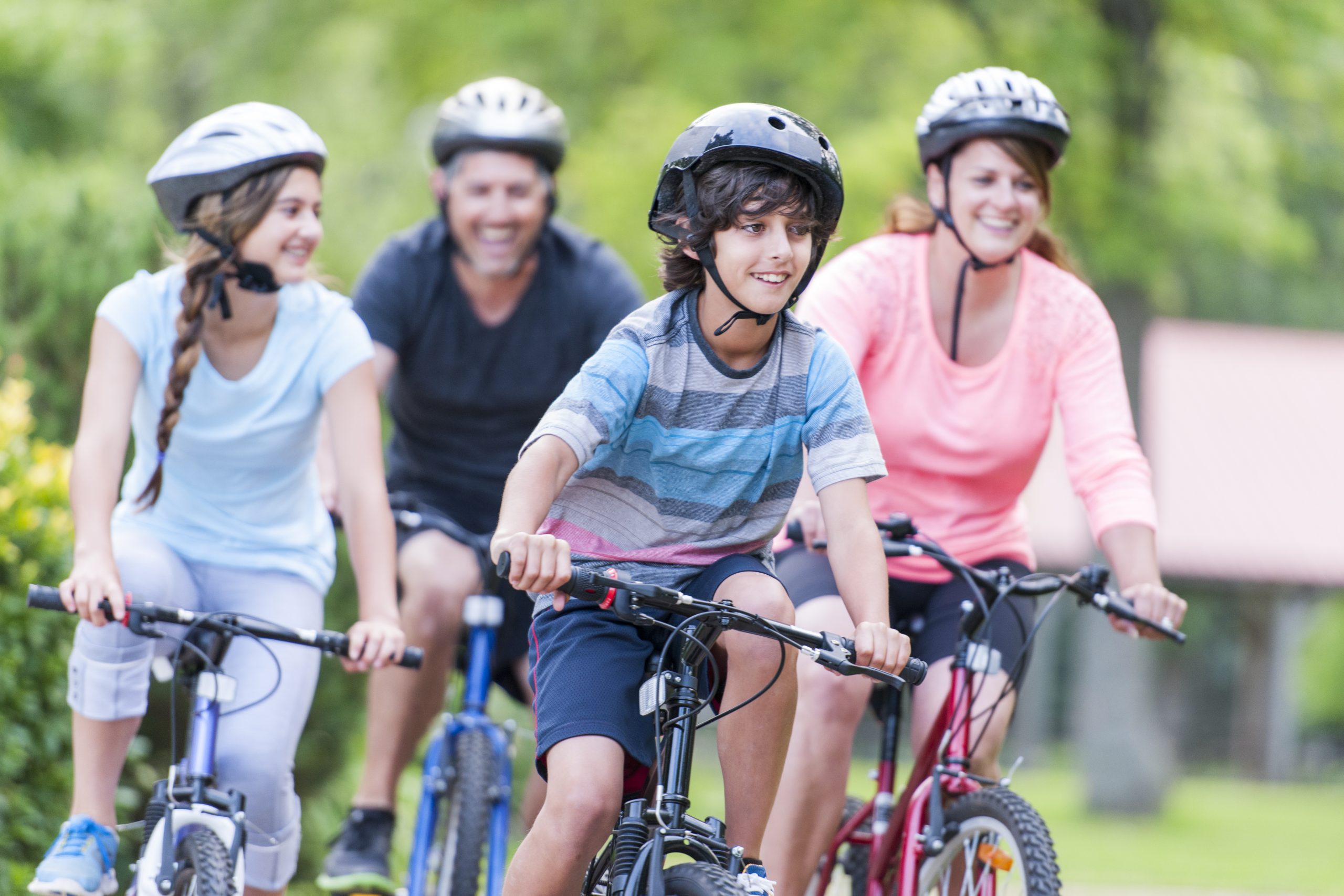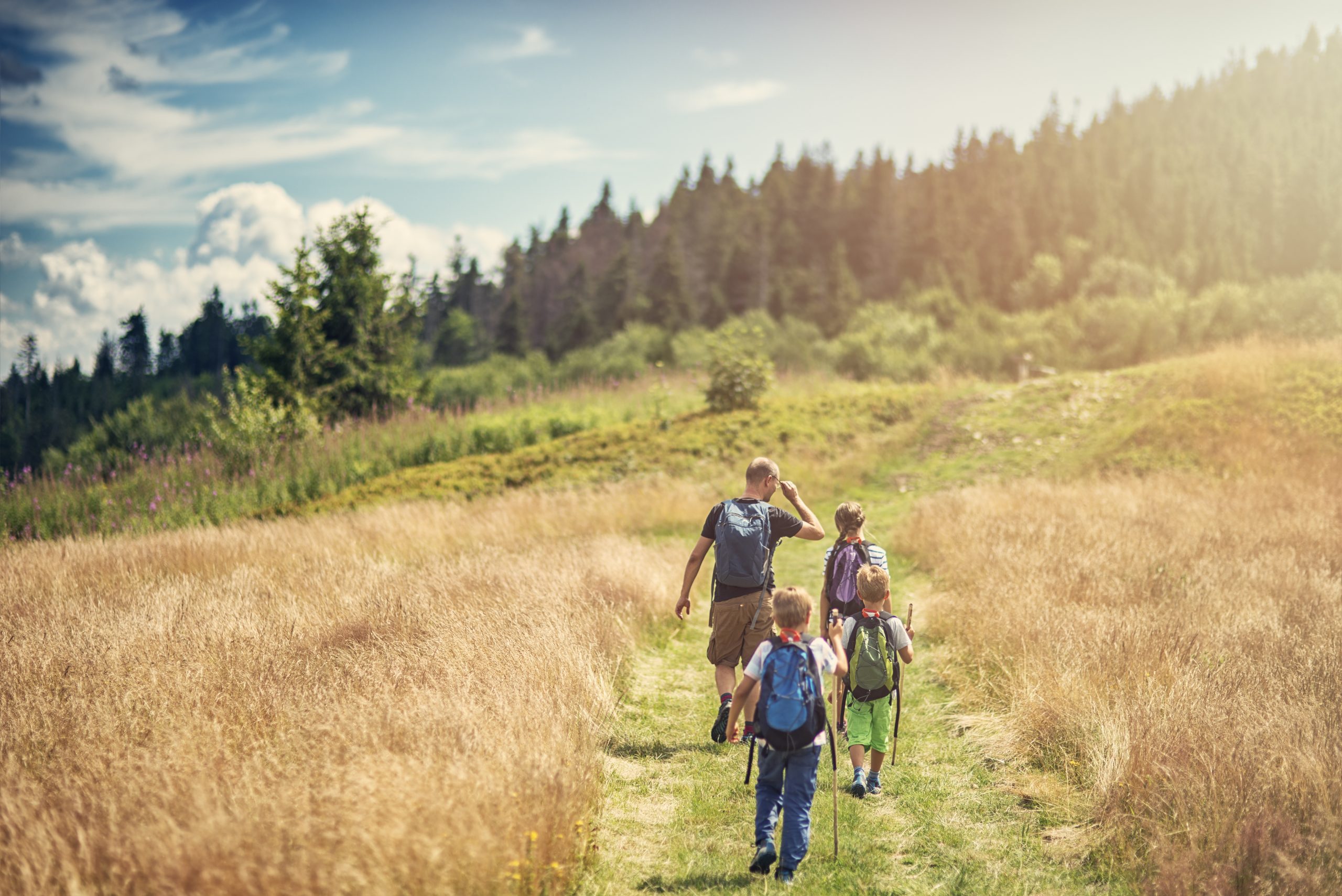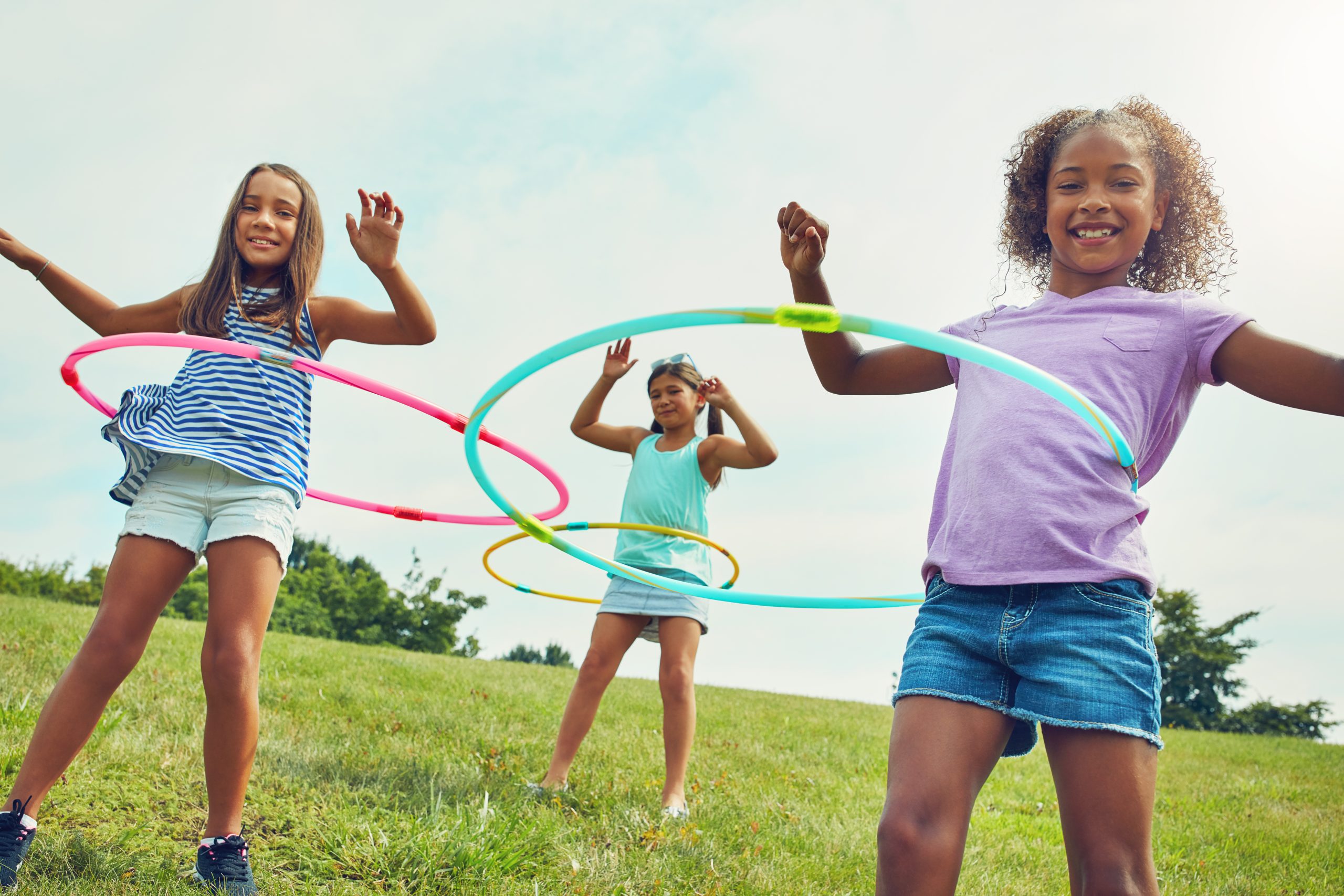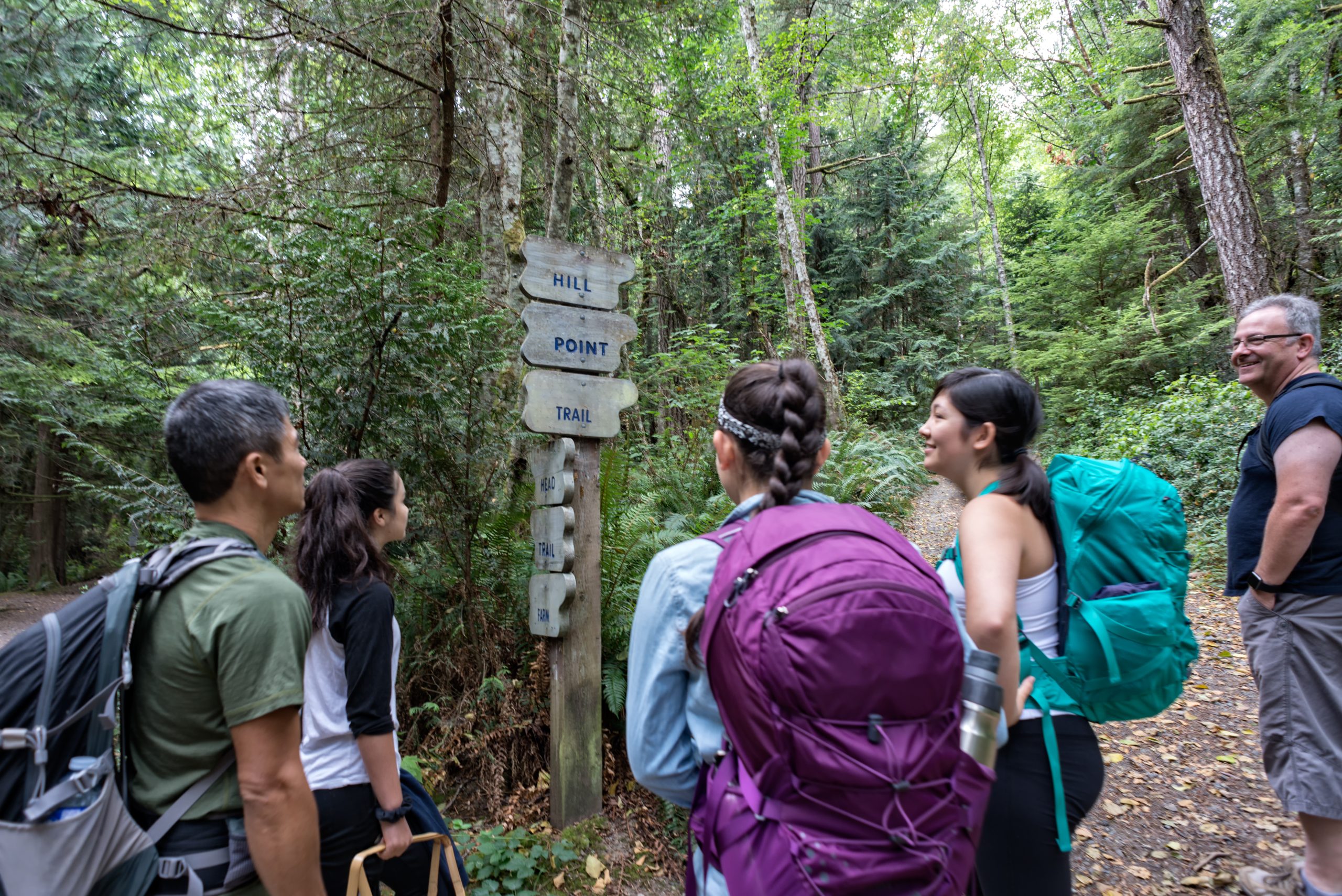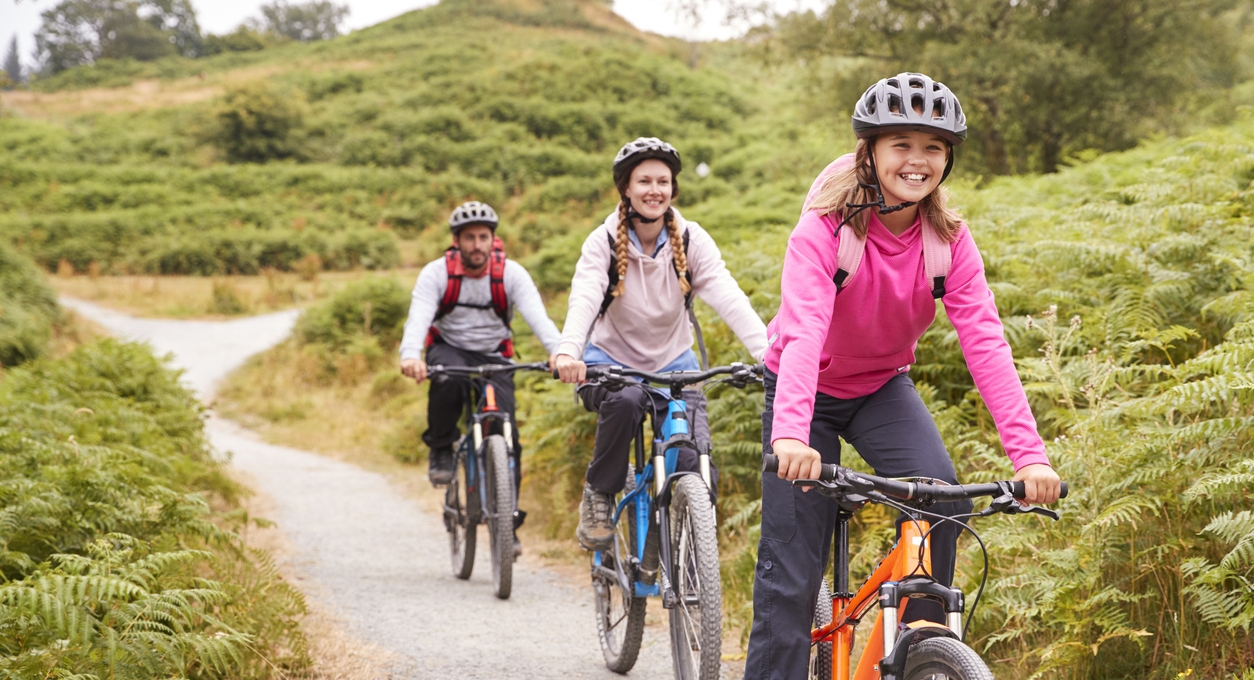
Use Your Own Fuel to Get Around
In our mechanized society you really don’t have to move much to get through the day. Perhaps the price of fuel and the impact of greenhouse gases on the environment are starting to motivate you to think a little differently about how you structure your day.
These 5 tips will help your family contribute positively to protecting the environment and your health while saving a few toonies at the same time. Have a chat over dinner tonight and decide as a family which of the 5 tips you want to try this week. At the end of the week, check in on your progress with the tip you tried and decide together which one you’ll add for the next week. If the tip you tried didn’t work out so well, talk about why not and how to be more successful at that tip or another one the next week.
Tip 1 – Use the car less. Even if you have an electric car or a hybrid, think twice before you jump in to drive the kids to school or pick up that one item you need for dinner. Go to bed earlier, get up earlier and walk the kids to school or cycle with them to school if that is possible. Do you drive to work? Could you cycle once a week instead and work up to 2-3 times a week? It’s better for your health and the environment. Saves on fuel and parking costs too.
Tip 2 – Park and walk. When you need to take the car, do you drive around looking for the closest spot to park? Park further away, it’s often less crowded and sometimes you can get limited free parking on the street rather than paying for parking close to businesses. Take in your surroundings, learn a new street name, count your steps. If the kids are with you, do it together. Keep phones in your pocket and no headphones. It is important to pay close attention to the traffic and the lights. There’s always one car that speeds through a yellow light or turns right at a red light even when it is not allowed.
Tip 3 – Dust off the bicycles and ride. Cycling is a wonderful family activity especially on weekends when there is a little more free time. It’s good for the body and the soul. Being outdoors together in nature and developing safety skills are both important for child growth and development too. Some communities offer cycling programs to help children enjoy safe cycling. Don’t have a bicycle and helmet? There are usually used bicycles available. Some communities offer free rental programs too which is great when the kids are young and outgrow their bicycle every season. If your child has outgrown theirs then sell it and buy a size up or trade with your neighbours. Helmets are not something you should get second hand though for safety reasons. Wear bright colours when cycling and stick to designated bicycle paths whenever possible.
Tip 4 – Walk together most days. If walking to school is not practical for your family, then plan a family walk after school. In the spring and summer months especially, a walk after dinner to the park or around your neighbourhood can be a special time to check in on how everyone is doing and enjoy each other’s company. And it adds to your physical fitness and helps with sleep too. Here’s an idea to turn it into a fun family activity – a different family member volunteers to plan the walking route and perhaps even a conversation topic. Try it. It helps develop planning and leadership skills too.
Tip 5 – Take the stairs. Whether you’re at the mall, work, or visiting a friend at their apartment, take the stairs. It rarely takes any longer than waiting for the elevator to arrive and riding up unless you’re going to the 20th floor. If that’s the case and building security allows, get off a few floors early and take the stairs the rest of the way. Count your steps!
